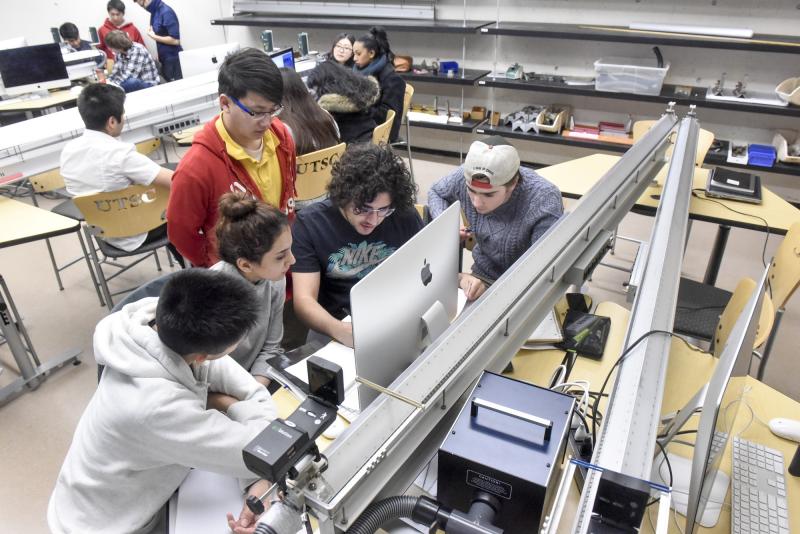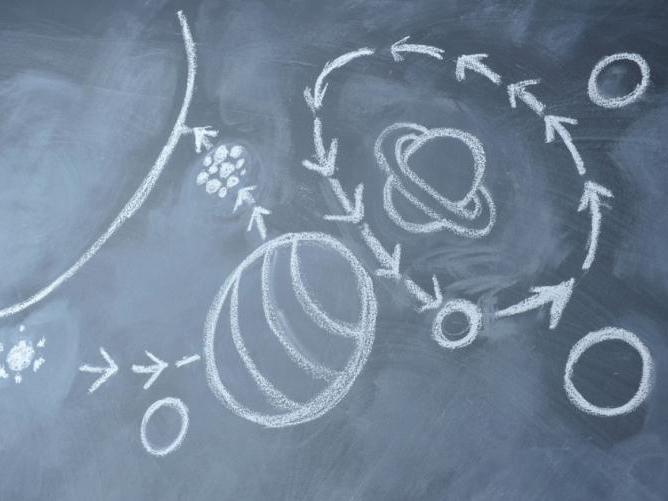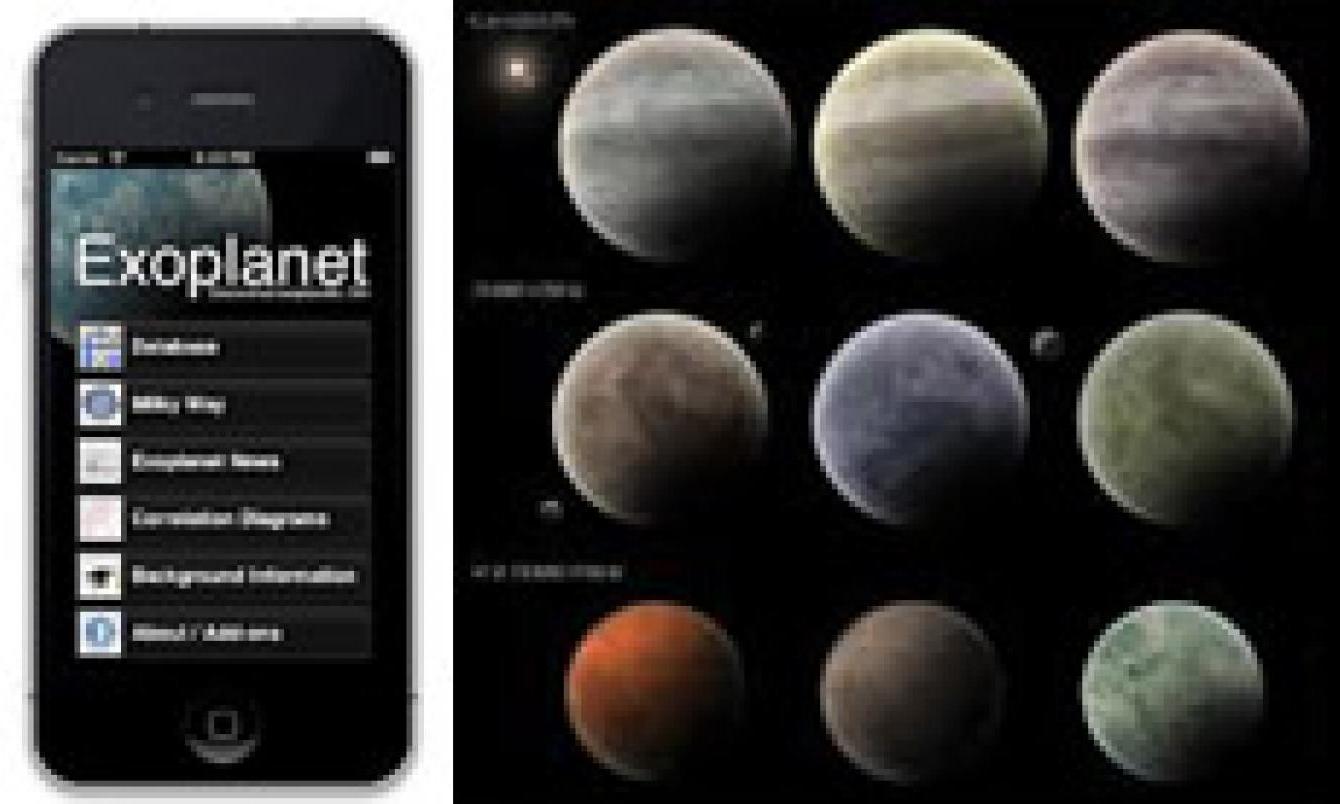
The department offers a wide range of introductory courses in Astronomy and Physics as well as research project courses for senior students. Astronomy and Physics faculty in the DPES specialise in the study of the differences between the solar system and extrasolar planetary systems; general relativity and its application to the evolution of black holes; and the thermal evolution of solid planet interiors, including the Earth.
Research strengths in Physics and Astrophysics include theoretical work and high-performance computing related to current questions in the fields of general relativity, planetary system formation and the evolution of planetary interiors. Faculty participate in the interpretation of ground-based and space-borne observations of astrophysical objects, propose novel theories of the planet forming process, and use supercomputers to run large-scale particle-based and fluid dynamics models.
Physics-Astrophysics FAQ
A: PHYA11 is not a valid substitute for PHYA10. Most programs in Physical Sciences require PHYA10 and will not accept PHYA11. You must have completed Grade 12 Physics (or equivalent) to be enrolled in PHYA10.
A: PHYA22 is not a valid substitute for PHYA21. Most programs in Physical Sciences require PHYA21 and will not accept PHYA22.
A: MATA29 or MATA32 will not satisfy requisites, where MATA30 or MATA31 is required. Similarly, MATA35 and MATA33 will not satisfy requisites where MATA36 or MATA37 are required.
A: Yes, CHM135 is equivalent to CHMA11, but, it will not automatically be accepted. Once you have the credit and it is in the program, you will need to contact your program supervisor to make the change on Degree Explorer.



